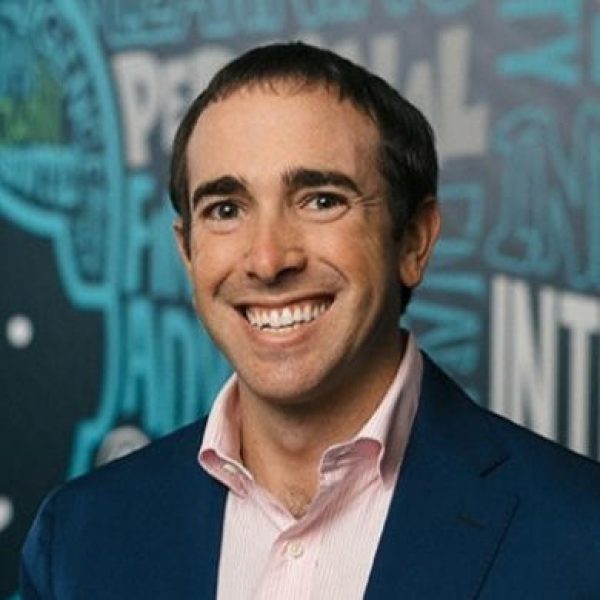In this episode of Bridging the Gap, I have the honor of talking with Jud Mackrill about the dynamic landscape of the wealth tech industry and the importance of understanding the industry. Jud highlights the necessity for advisors to evolve continuously, addressing the challenges associated with implementing changes in organizations, particularly concerning scale and budget constraints. We explore how modern advisors need to personalize their approaches and stay committed to guiding their clients, while creatively utilizing available tools and technology to offer clients not just financial well-being but also a deeper level of meaning and purpose in their lives. Jud talks deeply on practicing listening and empathy, emphasizing that these skills can lead to more meaningful work and relationships.
We dive into the challenges faced by new technology companies entering the wealth management space, especially in terms of user acquisition and identifying key client problems worth solving. We highlight the importance of understanding immediate profitability, emphasizing the role of asset managers in determining the longevity of wealth tech companies. Jud discusses the potential conflicts between custodians and technology companies concerning a seamless client experience and underscores the need for advisors to either assemble their client experiences uniquely or rely on technology companies for superior services. One actionable takeaway here involves advisors enhancing their business by creatively assembling client experiences that prioritize ease and satisfaction.
The conversation also looks at the intersection of AI and wealth management, noting the challenges related to data access and cleanliness, which are crucial for leveraging AI effectively. Jud explains how they help clients establish data pipelines to gain control and transparency, which can transform businesses. We both agree on the necessity of meaningful and deep conversations with clients, incorporating psychology and therapy tactics to understand their values and life desires better. Another actionable takeaway from their discussion is for financial advisors to integrate AI tools thoughtfully to complement, rather than replace, their advisory roles.
Timestamps From This Episode
[09:35] Firms must embrace change for continued growth and not become complacent in their current success. It’s important to reinvent oneself, even while holding onto core products or services, in order to evolve and meet the changing needs of clients and the market.
[19:33] Advisors may discover fulfillment in counseling roles by obtaining psychology or counseling degrees and spending meaningful time with clients in conversations that provoke thought and vulnerability. This approach diverges from traditional annual client meetings and emphasizes the importance of relationship-building and guiding clients to think through their financial decisions.
[23:13] AI enhances and impacts individual work effectively.
[26:37] Focused on making automation accessible and cost-effective for clients, while helping them harness insights to transform their business strategies.
[29:34] Helping clients take control of their data by establishing pipelines they own, offering archive options, and integrating with various data storage and computing platforms for accessibility and control.
[43:43] Cultivating empathy through slowing down and actively listening fundamentally transforms our approach to work and daily interactions, bringing back meaning and depth while shifting from transactional to transformational experiences. Addressing top client problems with trust and verification for better client experience.
Bridging the Gap is a financial podcast hosted by CEO Matt Reiner focused on bringing together leaders from the finance and the technology industries to focus on innovating the financial services industry.



